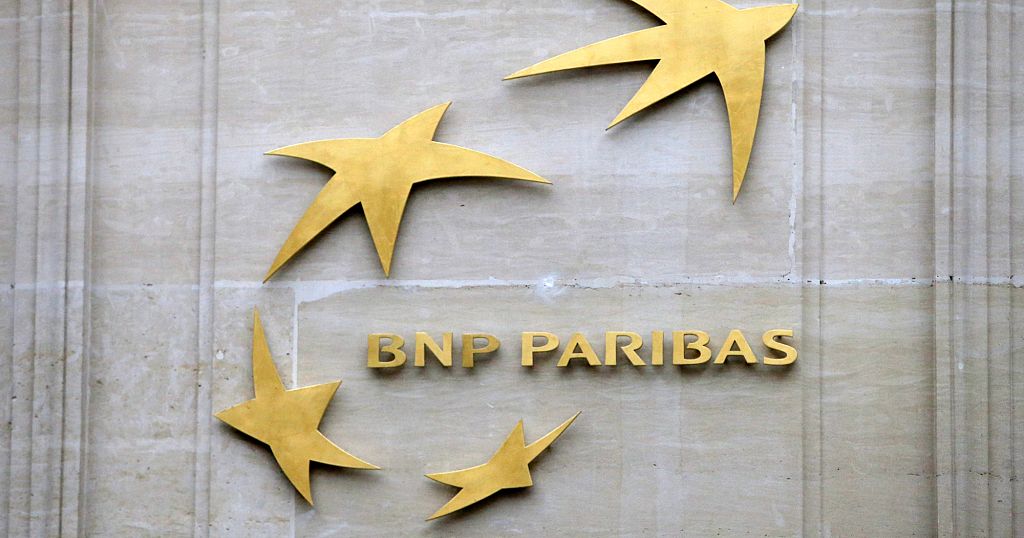A landmark trial has begun in the United States against French bank BNP Paribas, accused of financing human rights abuses by the Sudanese government under the rule of Omar Al-Bashir. The class-action lawsuit, originally filed in 2016, was revived by a federal appeals court in 2019 after being dismissed in 2018. The case is scheduled to be heard in New York over the next 10 weeks.
Lawyers representing over 20,000 Sudanese refugees living in the US argue that BNP Paribas provided financial support to Bashir’s government in the 1990s and 2000s by giving it access to US financial markets and “petrodollars.” This oil revenue allegedly enabled the regime to increase spending on weapons used against its population. During his three decades in power, Omar Al-Bashir led a deeply authoritarian rule, marked by internal wars, including the conflict in Darfur.
The war in Darfur, which occurred between 2003 and 2005, resulted in the deaths of around 200,000 civilians and the displacement of two million people, according to the US Holocaust Memorial Museum. The US government recognized the Darfur genocide in 2004. The International Criminal Court indicted Bashir in 2009 on charges of genocide and crimes against humanity, including murder, extermination, torture, and rape. He was ousted from power in a 2019 coup.
BNP Paribas has previously agreed to plead guilty and pay an $8.97 billion penalty to settle US charges that it transferred billions of dollars for Sudanese, Iranian, and Cuban entities subject to economic sanctions. However, the Sudanese victims of alleged atrocities, including murder, mass rape, and torture, did not receive any of the funds as compensation.
The trial of BNP Paribas is a rare instance of a global bank being held accountable for its alleged role in human rights violations. The outcome of this case may have significant implications for the banking industry and its involvement in human rights issues. With the trial set to continue over the next 10 weeks, the international community will be watching closely to see how the case unfolds. According to reports from the Financial Times and Reuters, the case is being closely monitored by human rights groups and financial institutions alike.
